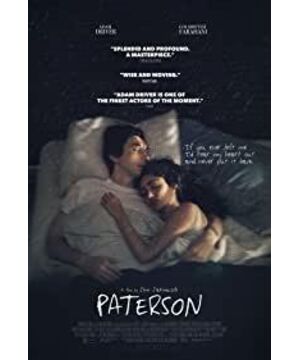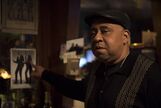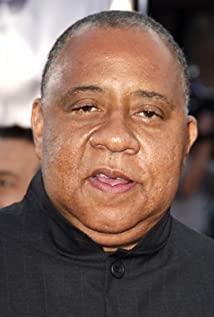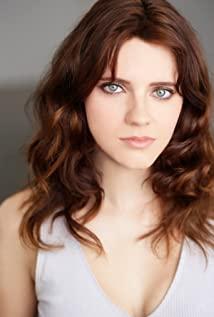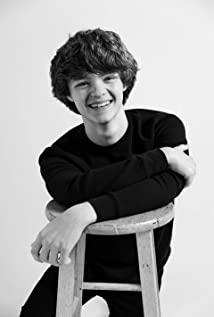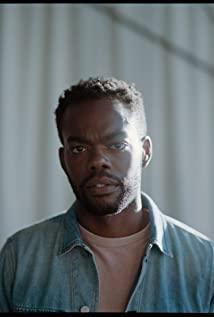(Text/Yang Shiyang)
Poetry is an ambiguous existence. On the one hand, it can be arty. For example, on the TV screen, those chanting madmen throw verses from hundreds of years ago to each other like a debate, which can always arouse the approval of many people shaking their heads. On the other hand, Poetry is like a joke, because once you say in reality that you write poems, you will surely attract ridicule and contempt. Poets and poems are highly symbolized, which means impractical, hypocritical, poor and neurotic.
In fact, a poet is a spiritual identity, not a professional identity. A poet can be engaged in any kind of profession, he can be a lawyer, a doctor or a farmer. The "poet" is more of self-identification or at most mutual identification within a small circle. In the movie "Patterson" , The professional identity of the poet is a bus driver. This is the new work of the famous director Jia Muxu. He grafted the most common life scenes and the most illusory spiritual world, and presented a kind of poetry that is almost impossible to shoot with various symbols, mappings and contrasts.
As a bus driver, Patterson’s daily life is almost boring and repetitive, but he often writes poetry outside of work. He jotted down the poems in a notebook, and then set them aside. For Patterson, writing poems is just a psychological and physical need, which is similar to eating and drinking water every day. He never thought of publishing or publishing. He has a cohabiting girlfriend, Laura, a woman whose personality is completely opposite to him. She is passionate, willing to try, and pursues everything even if it is impractical. She has always encouraged Patterson to sort out the poems for more people to see.
It sounds like a boring story, a bus driver who loves poetry-what kind of hypocritical state would this be? However, Jia Muxu's arrangement for this role makes people feel very comfortable. Patterson himself completely dispelled the sense of ritual and meaning of "writing poetry". Every morning, waiting for a short period of time before the departure, he sat in the driving position, took out his notebook, and lay down on the steering wheel to write a few words. A sentence, the boss came to do the registration. He didn’t think it was interrupted, and he didn’t need to have any role or change of heart. He could enter the world from those verses, chat with the boss, listen to complaints, and then start the car. Start a cycle of stop after stop. For lunch, he sits on a bench by the water, writes a few sentences, and then eats a bite of a small cake made by his girlfriend. He never felt that writing poetry had any value beyond the ordinary, just as he never felt that as a bus driver, he had to make himself vulgar and cheap. From these daily details, you will see a real "person" stand out instead of just being troubled by "identity". For Patterson, writing poems is not artificial.
"Patterson" is full of metaphors, symbols and all kinds of dreamlike but so real scenes. At the beginning of the story, early in the morning, Laura, who had just woke up, said to Patterson, "I had a dream. I dreamt that we had children. We were twins." Since then, the image of twins has repeatedly appeared in Partson. Terson's real life. A pair of twin men, a pair of twin girls, and a pair of twin old ladies. They appeared at the door of their house and on their bus. One of the little girls also loved to write poetry, and they discussed a few words with Patterson. Own poetry. Contrasting with your girlfriend's dream, you will have a certain kind of doubt. Is it true or is it a kind of inner poetic projection and imagination of Patterson? This intention makes the distinction between reality and dreams tremble subtly, but it seems that it may not be so important to distinguish between reality and illusion-this has become a wonderful manifestation of the poet's psychological landscape.
Patterson's life is clearly divided into two parts, the stereotypical secular daily life and the agile inner world. He woke up at about the same time every day, wearing the same clothes, driving the same old car, driving the same route in circles, sitting in the same place for lunch, and walking the dog at the same time in the evening. Have a glass of beer on the same seat in the same bar. When he wakes up every morning, the first thing Patterson has to do is to look at his watch. When he is driving, the picture of the clock rotating in circles is superimposed in a montage way, which becomes a generalization of his daily life. But it is those things that go back and forth, after so stylized, have reached a kind of philosophical eternity. The seemingly boring life of these others also began to have a certain unique poetry.
The reason why this story is likable is because of the poet’s introspection. He does not look up to poetry or life, while his girlfriend has become a kind of contrast-an untalented, enthusiastic, disgusting literary youth . Patterson doesn't. He smiled and listened to the complaints and bragging of the passengers in the car with a smile. From all this, he could feel poetic, as well as from the more abstract spiritual world.
This story is full of subtle flashes, poems torn apart by dogs, and the blank notebook presented by the Japanese who came to visit the poet’s hometown, all responding to Patterson’s attitude towards poetry—temporary, self. The essence of poetry fits the essence of poetry if it is unique, perishable, unshareable, and urged like a chance encounter.
After a brief period of loss and sorrow, Patterson regrouped and continued to write poetry and entered another ordinary back and forth. All this is the poetry of reality, a real poetry, not an identity trapped in performance.
View more about Paterson reviews


